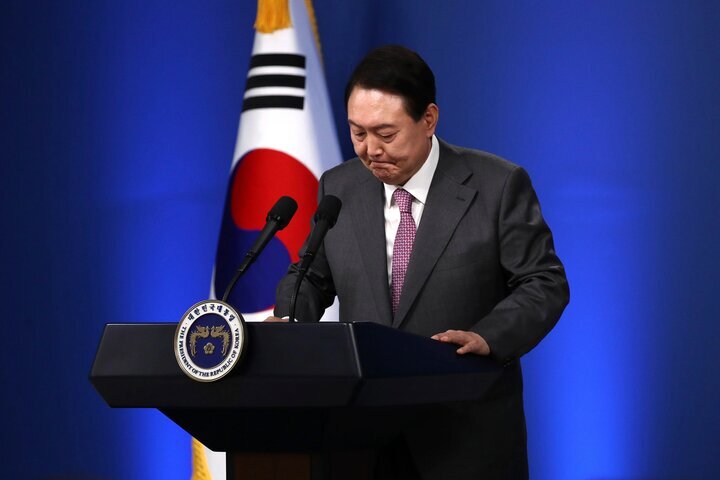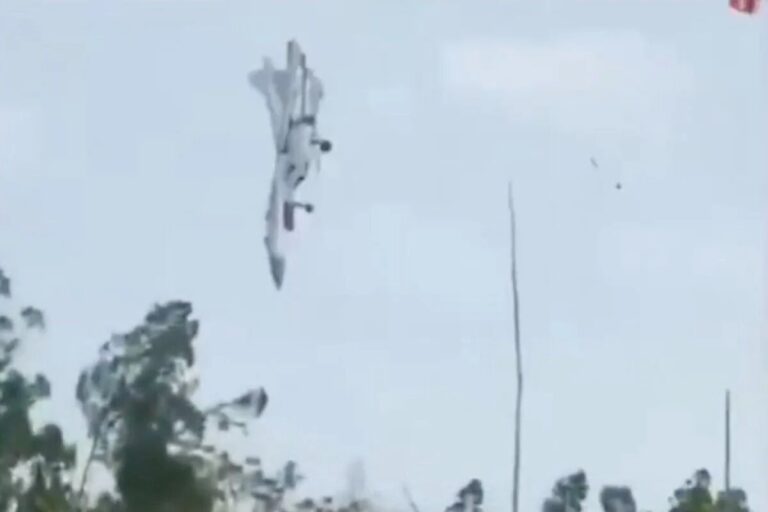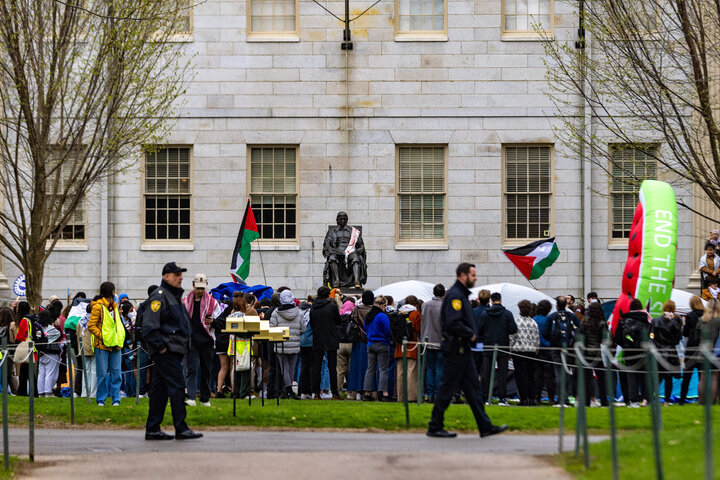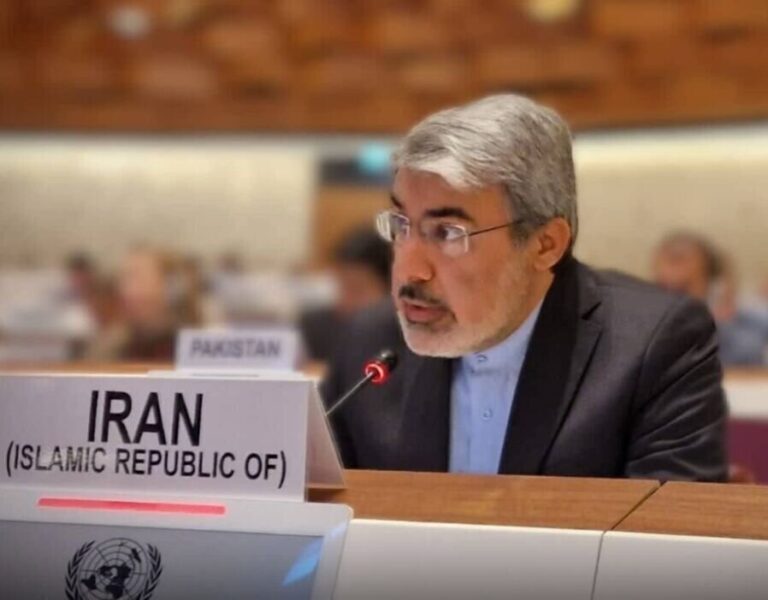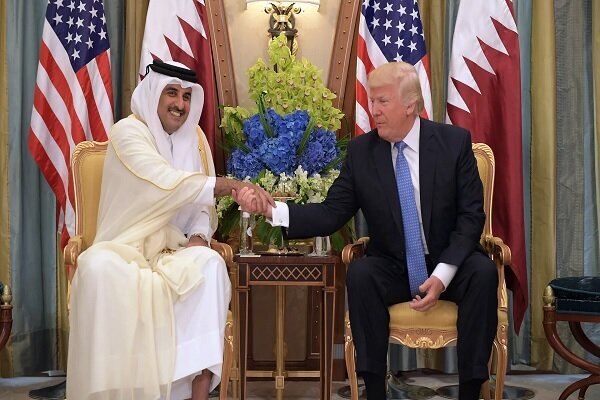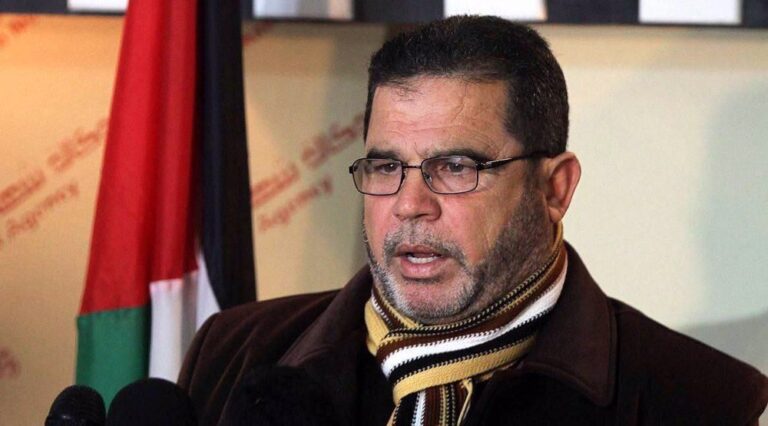Former South Korean President Yeol Faces Trial for Sedition Charges: A Legal Showdown
In a significant legal development, Yoon Suk Yeol, the former president of South Korea, is set to face a criminal trial on charges of sedition. This trial marks a pivotal moment in South Korean politics, as Yoon becomes the fifth former president to be embroiled in legal controversies. The trial is scheduled to begin on April 14, 2025, at the Seoul Central District Court, raising questions about the implications for the nation’s political landscape.
According to reports from the Seoul Central District Court, the trial is expected to start promptly at 10 a.m. on April 14. As the defendant, Yoon Suk Yeol is required to attend the proceedings in person. To ensure security and order, the court has implemented measures to prevent potential protests from occurring in the vicinity of the courthouse.
Key details surrounding the trial include:
- Entry Protocol: Mr. Yoon Suk Yeol will enter the court through the underground parking lot to avoid any disturbances from protesters.
- Media Restrictions: Photographs will not be permitted inside the courtroom prior to the trial commencing.
- Initial Proceedings: During the opening of the trial, Yoon must provide his name, date of birth, occupation, and residence to the court.
Following the formalities, the prosecution will present the charges against Yoon. It is notable that he will have the opportunity to request permission from the judge to present his defense. The stakes are high, as a conviction for leading a rebellion could result in severe penalties, including life imprisonment or even the death penalty.
As part of the trial proceedings, the court has slated testimony from key military figures. Notably, Mr. Cho Sung Hyun, the commander of the 1st Security Group of the Capital Defense Command, and Mr. Kim Hyung Ki, the commander of the 1st Special Task Force Battalion of the Special Operations Command, are expected to provide critical insights during the trial.
Previously, during the impeachment trial at the Constitutional Court of Korea, Mr. Cho Sung Hyun disclosed that he was instructed by Capital Defense Commander Lee Jin Woo to mobilize troops to evacuate lawmakers from the National Assembly building after Yoon Suk Yeol declared martial law on December 3, 2024. This revelation adds a layer of complexity to the ongoing legal proceedings.
The implications of this trial extend beyond Yoon Suk Yeol, affecting the broader political framework of South Korea. As the nation navigates through this challenging period, the outcome of the trial could potentially reshape public perception of political authority and accountability.
In summary, the trial of Yoon Suk Yeol represents a crucial juncture in South Korea’s political history. With significant legal ramifications at stake, the proceedings will undoubtedly attract widespread attention from both domestic and international observers.
As the trial approaches, many are left to ponder the potential consequences for Yoon, the political community, and the future governance of South Korea. The unfolding events may serve as a reflection of the nation’s commitment to justice and the rule of law, which are essential pillars of a democratic society.
In conclusion, the forthcoming trial of former President Yoon Suk Yeol is a momentous event that will be closely monitored. The legal strategies employed by both the prosecution and the defense will play a critical role in determining the outcome of this high-stakes case, thereby influencing the political landscape of South Korea for years to come.
